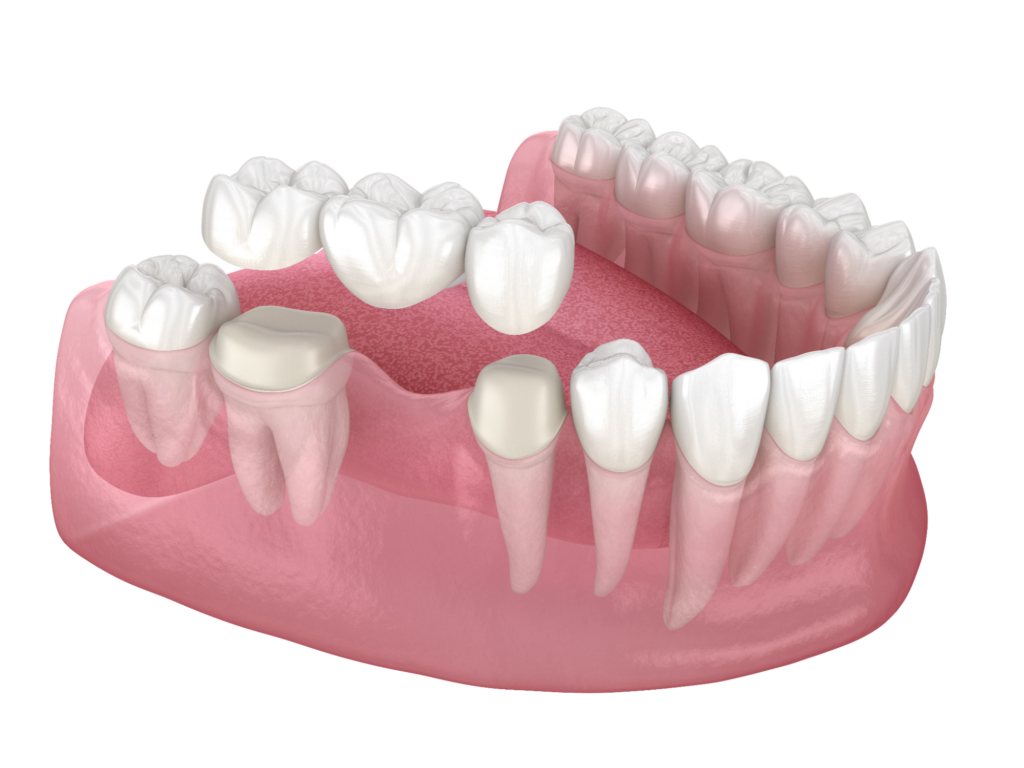Ah, the dreaded wisdom tooth extraction. You’ve stocked up on ice cream and soup and are prepared to stick to a soft food diet for the next few days. But as a smoker, you might be wondering if you can still light up after the procedure. After all, smoking doesn’t involve chewing on anything hard, so what could go wrong? Well, unfortunately, smoking after a wisdom tooth extraction is not as harmless as it may seem. It can increase your risk of complications and interfere with the healing process. So, if you’re a smoker facing the prospect of wisdom tooth extraction, it is crucial to understand the risks and take the necessary steps to promote proper healing. Today, we’ll discuss the effects of smoking on oral surgery and why it is best to avoid smoking for at least 72 hours after the procedure. So grab a cup of tea (or soup) and let’s dive in.
Why Do We Extract Wisdom Teeth?
Have you ever wondered why wisdom teeth are often extracted? While some lucky individuals have room for their wisdom teeth to grow without issue, many others experience a range of problems that necessitate extraction. These may include:
Tooth decay
Wisdom teeth are the third set of molars located at the back of your mouth. As such, they can be difficult to reach with a toothbrush or floss, making them more susceptible to cavities. If left untreated, decay can spread to adjacent teeth and lead to more serious dental problems down the road.
Gum disease
Since these teeth are harder to clean, bacteria can accumulate and cause inflammation and infection in the gums. This can eventually lead to gum disease, which can cause pain, swelling, and even tooth loss if left untreated.
Trapped food and debris
Food and debris can easily get trapped behind wisdom teeth, leading to infection and bad breath. It is especially true if the wisdom teeth are impacted or have not fully emerged from the gum line.
Decay or gum disease to adjacent teeth
When wisdom teeth grow, they can create a lack of space in the mouth, leading to overcrowding and misalignment of adjacent teeth. This often creates hard-to-reach areas between the teeth, where food particles and bacteria can accumulate, leading to an increased risk of tooth decay and gum disease. In addition, misaligned teeth can cause an uneven distribution of bite pressure, leading to jaw pain, headaches, and other uncomfortable symptoms.
Recurring infection and pain
Partially emerged or impacted wisdom teeth can trap bacteria and debris, causing recurring infections and pain. If left untreated, these infections can spread and lead to more serious health problems. Extraction may be necessary to prevent future infections and alleviate discomfort.
Cysts
In rare cases, wisdom teeth can lead to the development of cysts around the tooth under the gum. These cysts can damage nearby teeth, gums, and bone, and your dentist may recommend extraction of the affected tooth.
Can You Smoke After Wisdom Tooth Extractions?
Smoking is harmful to your health in many ways, and this is particularly true when it comes to wisdom tooth extraction. If you’ve recently had your wisdom tooth removed, it is essential to be aware of the potential risks and complications that smoking can cause.
Why smoking can be harmful after surgery
When you smoke, the chemicals in cigarettes can interfere with the healing process by reducing blood flow and oxygen levels in the affected area. This lack of oxygen and nutrients can slow down the body’s natural healing response, making it more difficult for the tissues to repair themselves. In addition, smoking can cause dry mouth, which can further increase the risk of infection and delay healing.
How smoking affects the healing process
As for how smoking affects the healing process, it is critical to note that nicotine is the primary culprit. Nicotine is a vasoconstrictor, which means it can cause blood vessels to constrict or narrow. This can limit blood flow to the surgical site, reducing the amount of oxygen and nutrients that reach the area, resulting in delayed healing and an increased risk of complications.
Risks of smoking after wisdom tooth extraction
Smoking after wisdom tooth extraction can lead to several complications, such as:
- Increased risk of infection
- Delayed wound healing
- Dry socket
- Dental abscesses
- Blood clot disruption
- Increased pain and discomfort
- Need for additional surgery or treatment
How Soon After a Tooth Extraction Can I Smoke?
To give yourself the best chance for recovery, it is recommended that you avoid smoking for at least 48-72 post extraction. It will allow the healing process to begin properly and minimise the likelihood of any issues arising. However, the longer you can go without smoking, the better it will be for your oral health and overall well-being.
What’s worth considering is that wisdom tooth extraction can be a great opportunity to finally kick the smoking habit and start prioritising your oral health. Your dental care provider can offer resources and support to help you quit smoking and achieve a healthier, happier smile.
Tips to Prevent Dry Socket While Smoking
A dry socket is a painful condition that can occur when the blood clot that forms in the socket after a tooth extraction is dislodged or dissolved before the wound has had a chance to heal. Smoking can increase the risk of dry sockets by reducing blood flow and oxygen levels to the wound, as well as creating suction that can dislodge the clot.
Here are some tips to help prevent dry sockets while smoking:
- Wait as long as possible before smoking. It will give the blood clot time to form and the wound time to heal.
- Before and after smoking, rinse your mouth with warm saltwater to help keep the wound clean and reduce the risk of infection.
- Once you resume smoking, take small, gentle puffs and avoid inhaling deeply. Not only will it help minimise suction, but also reduce the risk of dislodging the blood clot.
- Your dentist may provide additional instructions or recommendations for preventing dry sockets while smoking. Follow their advice and guidance closely to ensure a successful and comfortable recovery.
Take Charge of Your Oral Health with The Dental Family Beaumaris
Smoking can have a detrimental effect on your oral health, especially after wisdom tooth extraction. As such, always follow your dentist’s advice and avoid smoking for as long as possible after the procedure to give your body the best chance to heal. This way, you can set yourself up for a successful and speedy recovery. In addition, quitting smoking altogether can significantly reduce the risk of future oral health problems and help you achieve a healthy, radiant smile for life.
At The Dental Family Beaumaris, we understand the importance of good oral health and the impact it can have on your overall well-being. Our team of dental practitioners endeavours to provide quality care and support to help you achieve and maintain optimal oral health.If you have more questions about our wisdom tooth extraction procedure or how smoking can affect your oral health, don’t hesitate to reach out to us.


